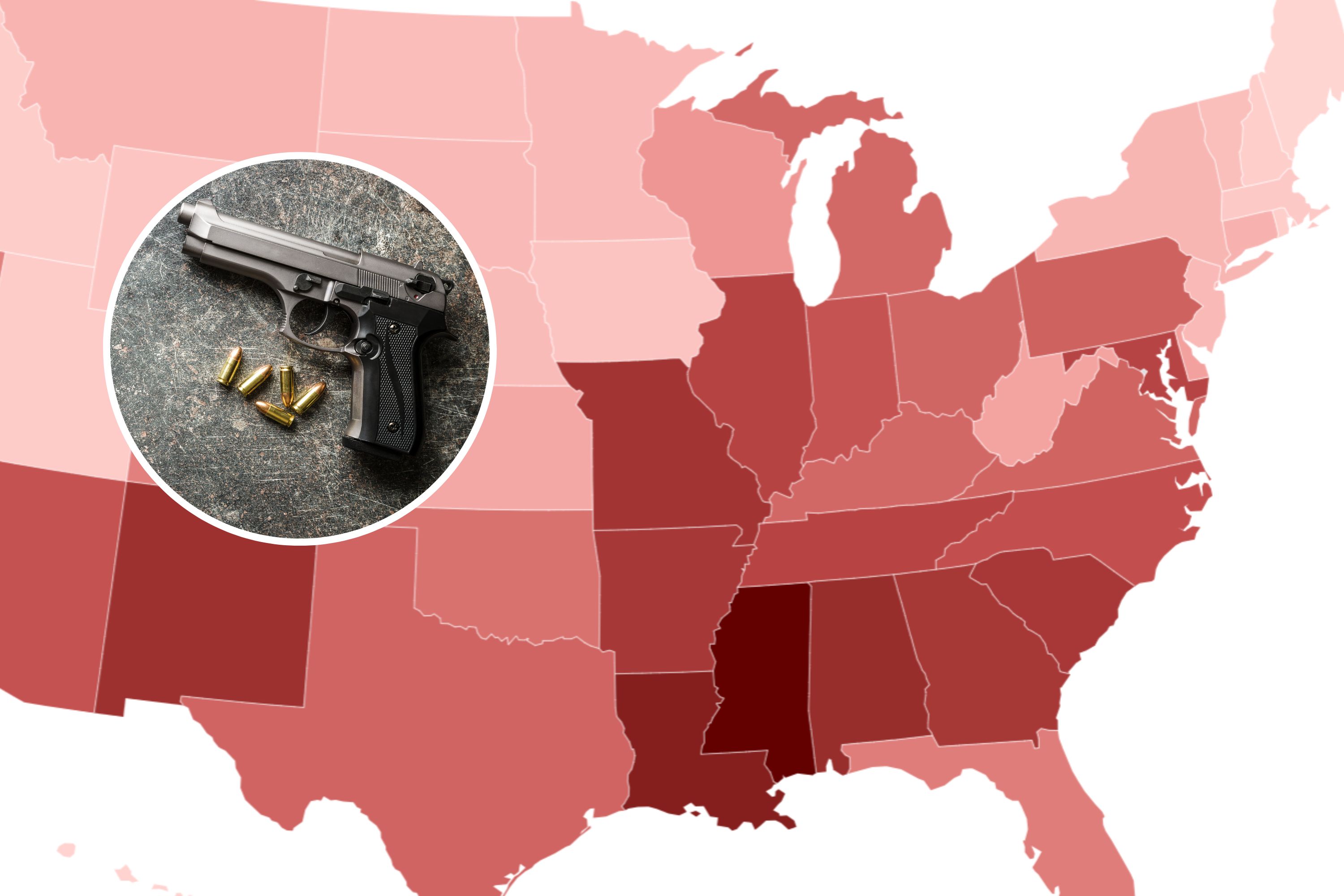City councilors in Portland, Maine, voted unanimously on Monday in favor of a ban on city officials using facial recognition technology, a proposal backed by Black Lives Matter activists. The decision came after months of delayed voting on the proposal, which had initially been put forward by City Councilor Pious Ali in November.
It is unclear why the vote was finally held on Monday. However, it came amid widespread calls for government officials to stop using facial recognition technology as a growing body of evidence shows that it misidentifies people of color at higher rates than white people.
In the wake of George Floyd's death, Black Lives Matter activists in Portland had specifically called on their local government stop using facial recognition technology. Now that the proposal has been approved, the ordinance is set to take effect in 30 days from the vote.
BLM activists, however, will not be fully satisfied with the decision, given that councilors amended the proposal before the vote to remove an enforcement provision against city workers who violate the ban, according to local newspaper The Portland Press Herald.
Weakening the ban was something that BLM activists had specifically advocated against. In a Facebook post on Monday, BLM Portland called on councilors to pass Ali's ban "without any edits or compromises."
"Removing the ban's sections on damages, penalties, evidence, and the ability of people to sue the city will weaken the ban almost to the point of uselessness," they warned.
A similar proposal to Ali's original ban put forward by activist group People First Portland is still expected to be included on the ballot in November, however.
Speaking with The Portland Press Herald, Danielle West-Chuhta, the city's top attorney, said that if the proposal by People First Portland is approved in November, it would take the place of the ban passed on Monday and would be protected for five years.
On Monday, the American Civil Liberties Union (ACLU) applauded Portland councilors on their decision, writing in a tweet: "The movement to defend our privacy rights from face surveillance has now expanded to a third state."
"This racist surveillance technology has no place in our communities," the ACLU said in a separate tweet.
Earlier this year, the case of Robert Williams, a Black man who was arrested by Detroit police on his front lawn in front of his family after being misidentified by facial recognition software, shone a light on the dangers of using the technology.
Williams' case, which was highlighted by the ACLU, was far from being an outlier, with studies suggesting that facial recognition technology shows significantly higher error rates when applied to people of color, and in particular, women of color.
In one study, MIT Media Lab researcher Joy Buolamwini and Microsoft researcher Timnit Gebru found in 2018 that some facial analysis algorithms misclassified Black women nearly 35 percent of the time, despite correctly identifying white men most of the time.
Other studies have reaffirmed those findings, with the ACLU asserting that "study after study has confirmed that face recognition technology is flawed and biased."

Uncommon Knowledge
Newsweek is committed to challenging conventional wisdom and finding connections in the search for common ground.
Newsweek is committed to challenging conventional wisdom and finding connections in the search for common ground.
About the writer
Chantal Da Silva is Chief Correspondent at Newsweek, with a focus on immigration and human rights. She is a Canadian-British journalist whose work ... Read more





